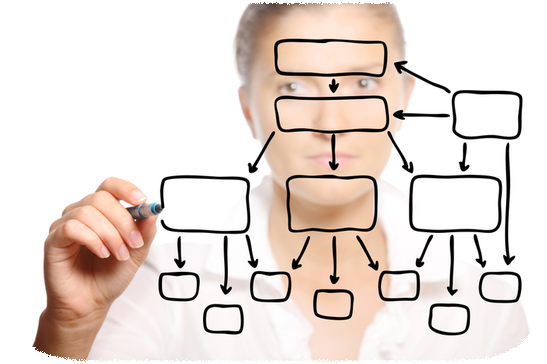Electronic health records (EHRs) are used throughout various medical sectors, and data collection relating to mental health care practices differs. The information is more comprehensive, and with the help of EHRs, it can allow practitioners to provide the most up-to-date and effective treatments. Here are 4 important reasons why your mental health practice needs to implement this technology if you haven’t already.
ONE. Provide a more holistic approach to patient care
It’s not uncommon for mental health concerns to go hand in hand with other medical conditions. Being able to coordinate your patients’ care from one location allows you to provide more holistic treatment solutions that focus on their wellbeing as a whole, not just their mental health. With EHRs, you can share patient data with other necessary practitioners, and quickly gain access to medication records, contraindications, past and current treatments and more. This allows you to make informed decisions without the need for chasing up other vital information about the patients’ medical history. The sooner your patient can start their treatment, the more beneficial it is in most instances.
TWO. Can save a considerable amount of time
Being able to work efficiently is beneficial to you and your business and more importantly, to your patients. Treating mental health concerns is a complex task that requires detailed and progressive data collection, and when you are unable to access critical information, you have to spend more time outsourcing it as well as double-checking their past history and current care plan. This is time that is being wasted, and it could be better spent building rapport with your patients which is crucial at any time when providing medical care and even more so when treating people for something as sensitive as mental health. EHRs cut out a lot of the guesswork and allow you access the information you need with ease enabling you to cover all bases and customise the care to suit the patient.
THREE. Protect data with the highest security measures
Any practitioner or health care provider knows how important it is that patient data is withheld with the utmost confidentiality. Collecting and storing information via paper leaves your practice open to privacy breaches and damage from external factors such as fire. A top-quality EHR program will have an extensive permission system that only allows authorised personnel to access data. You can also track staff actions within the account, so you know who’s been where and when. All information is protected by enterprise-grade encryptions algorithms and is backed up across multiple secure servers for additional peace of mind. You never have to worry about losing data and having to start all over again or compromising private patient information and having to deal with the major repercussions from that.
FOUR. Reduce errors
Mistakes often occur from human error regardless of how streamlined your practice management is, the reality is mishaps happen. Errors with medical records can be a significant liability and can place your patients at harm. One way errors are commonly made with paper records is misreading handwriting. This problem can be eliminated entirely with EHRs as data is recorded via typing rather than writing. With integrated filters that pick up data that doesn’t compare with the norm, your risk of errors is drastically reduced.
There are so many more benefits to implementing EHRs in a mental health practice, we’ve just listed a couple of the major ones. Modern-day EHRs can help also with:
- Tracking due dates for mandatory paperwork. Ensuring you are compliant.
- Sending notifications if due dates for paperwork have passed.
- Organising and coordinating therapy appointments when needed.
- Real-time billing.
- Automating reminders for upcoming appointments.
- Creating generic templates and letters that are stored and ready to send.
- Handling complex billing that is often typical in a mental health clinic.
- Formulating specialised forms and data collection.
Key features your EHRs should have when using it in a mental health setting
Patient engagement capabilities
Your patients must be proactive about taking the necessary steps to improve their mental wellbeing. Patient engagement is crucial for them to follow through with the treatment goals set out by you. Choose an EHR system that allows for easy communication between you and the patients.
Coordinated care between you and other providers
As we touched on above, being able to converse with other providers about a patients care can allow you to come up with a comprehensive treatment plan covering all facets of their health.
Behavioural and mental health screenings tools
Its standard practice to use behavioural and mental health assessments in this kind of environment, and your EHRs should have clinical support tools to enable you to do this seamlessly. By collecting data, the EHR can provide you with suggested guidelines, diagnostics, alerts, and so much more.
Health is one of those industries that will continue to evolve, and for you to stand out from your competitors, you must be embracing new systems and innovative ways to approach business to ensure that you are offering your patients the very best mental health treatments around. Put your best foot forward with us here at Nookal! We have a revolutionary practice management software program that can help you to simplify the everyday running of your practice, and assist you in providing your patients with the most holistic care catered to their individual needs.











